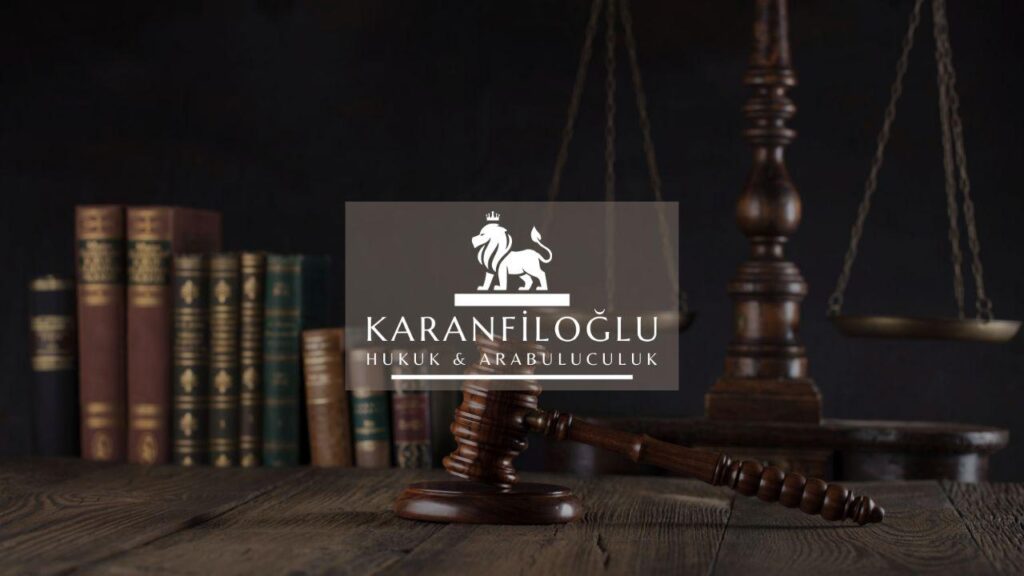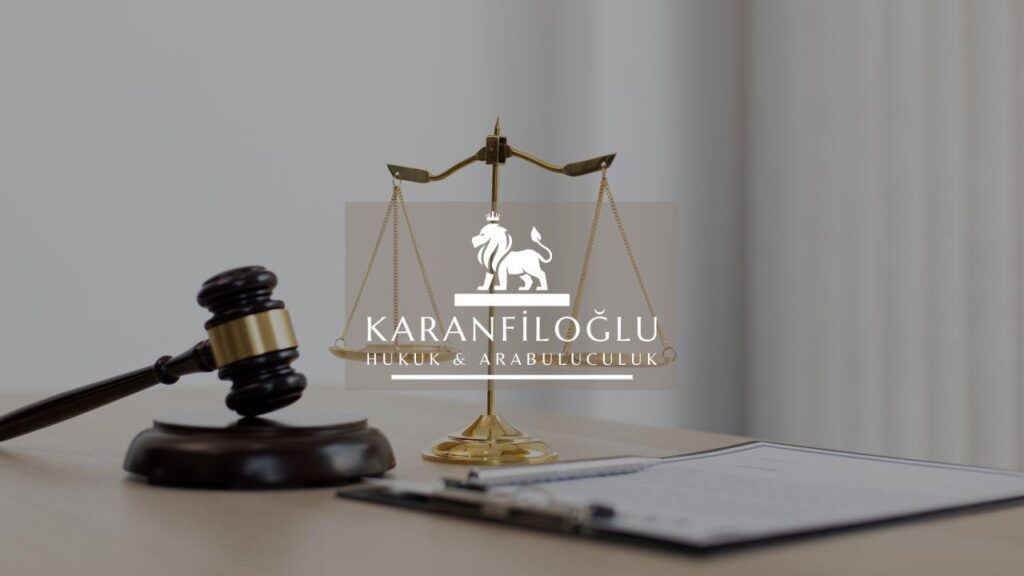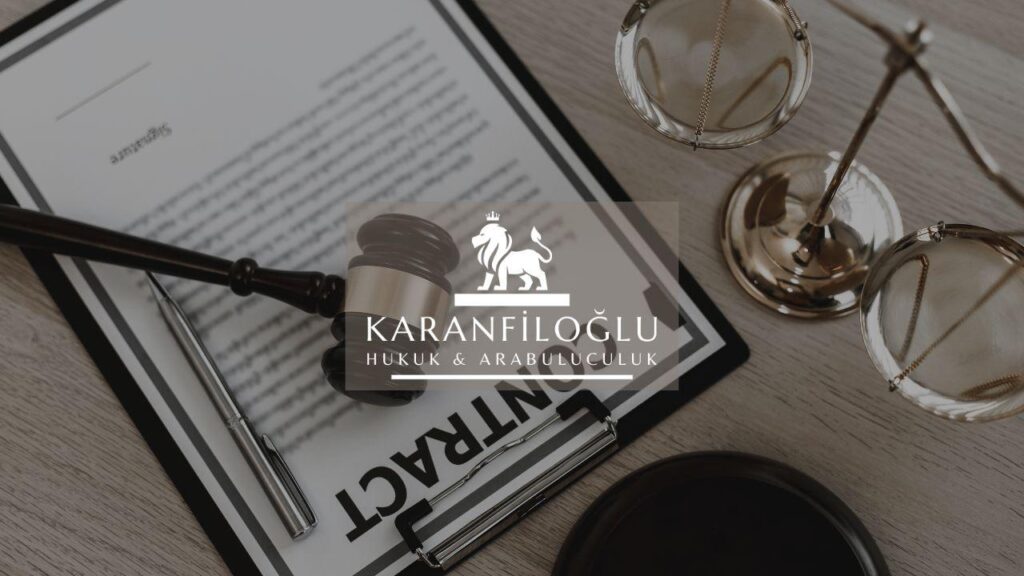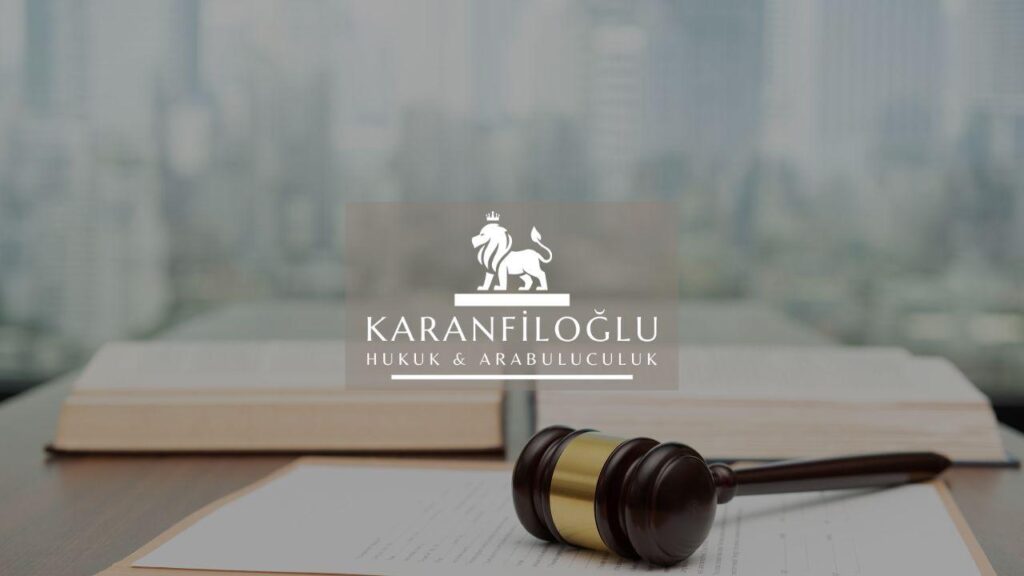The Deferral of Pronouncement of Judgment, known as “Hükmün Açiklanmasinin Geri Birakilmasi” (HAGB) in Turkey, is a significant legal concept that serves as an alternative to immediate sentencing for certain types of offenses. At Karanfiloglu Law Office, we recognize the profound implications this legal mechanism can have on an individual’s future. Essentially, HAGB allows the court to defer the final judgment, providing the accused with an opportunity to avoid a formal conviction on their criminal record, provided they meet specific conditions set forth by the court. This practice emphasizes rehabilitation over punishment and reflects the judiciary’s commitment to giving second chances under appropriate circumstances. Understanding the nuances and eligibility criteria for HAGB is crucial for anyone navigating the Turkish legal system, making it an essential area of focus for both defense lawyers and their clients.
Legal Framework and Eligibility Criteria for Deferral of Pronouncement of Judgment
The legal framework governing the Deferral of Pronouncement of Judgment (HAGB) in Turkey is outlined in Article 231 of the Turkish Criminal Procedure Code. This provision allows courts the discretion to defer the pronouncement of a judgment if the accused meets certain eligibility criteria, primarily revolving around the nature of the offense and the absence of prior convictions. To be eligible, an accused must generally face a potential sentence of imprisonment of two years or less, and the court must believe that the deferral could contribute to the rehabilitation of the accused without posing a risk to public safety. First-time offenders and those whose personal circumstances suggest a likelihood of successful rehabilitation are typically considered suitable candidates for HAGB, emphasizing the judiciary’s aim to balance justice with the opportunity for personal reform.
HAGB not only focuses on the eligibility of the accused but also institutes specific requirements that must be adhered to during the deferral period. During this period, which generally lasts five years, the individual must refrain from committing any intentional crimes, comply with any stipulated probation conditions, and may be subject to rehabilitative measures such as community service, therapy, or educational programs. Failure to meet these conditions can result in the automatic pronouncement of the deferred judgment, thereby forfeiting the opportunity to avoid a formal conviction. On the other hand, successful compliance with all conditions during the deferral period can lead to the eventual dismissal of the case, ensuring that no criminal record remains. This conditional approach serves to incentivize positive behavior and allows the legal system to support the rehabilitation of individuals who demonstrate genuine efforts to reform.
It is essential to note that while HAGB offers considerable benefits, it also comes with certain limitations and is not applicable in all cases. For instance, the deferral of pronouncement of judgment provision is not available for crimes involving sexual offenses, terror-related activities, or acts of domestic violence, reflecting the severe societal impact of such offenses. Legal representation and expert advice are crucial when navigating HAGB eligibility and compliance, as any missteps can have long-lasting consequences. At Karanfiloglu Law Office, our attorneys are adept at guiding clients through this complex legal landscape, ensuring their rights are protected, and assisting them in meeting all required conditions for a successful outcome. By understanding and effectively utilizing HAGB, individuals have the opportunity to rehabilitate and start afresh, a testament to the Turkish judiciary’s balance of justice and second chances.
Process and Implications for Defendants in Turkey
The process of Deferral of Pronouncement of Judgment in Turkey begins once the court has established the guilt of the defendant but holds off on issuing a final decision. Instead, the court sets forth specific conditions that the defendant must comply with during a probationary period, typically ranging from one to five years. These conditions may include regular check-ins with a probation officer, refraining from committing new offenses, and participating in rehabilitative programs. If the defendant meets all stipulated conditions successfully by the end of the probationary period, the court will dismiss the charges, and no criminal record will be registered. Conversely, if the defendant violates these conditions, the court will proceed to issue the previously deferred judgment, resulting in formal sentencing. This system aims to balance justice with clemency, offering defendants a valuable chance to demonstrate reform and avoid the long-term consequences of a criminal conviction.
Understanding the eligibility criteria for HAGB is vital for defendants who hope to benefit from this legal provision. In Turkey, not all offenses qualify for the deferral of pronouncement of judgment. Typically, HAGB is applicable to crimes that carry a maximum sentence of two years or less. Moreover, the defendant must not have any prior convictions or ongoing legal proceedings, as a clean record is a prerequisite. Additionally, the nature and circumstances of the crime, the behavior and character of the defendant, and the impact on the victim are also taken into account by the court when deciding whether to grant HAGB. At Karanfiloglu Law Office, we provide expert guidance to ensure our clients understand these nuances, helping them navigate the complex criteria and maximize their chances of being granted a deferral, thereby enhancing their opportunity for a fresh start.
The implications of HAGB for defendants in Turkey are far-reaching and often life-changing. When granted, it provides an invaluable second chance, shielding individuals from the stigmatization and collateral consequences that accompany a criminal record. This can have profound effects on various aspects of life, including employability, travel opportunities, and social standing. Additionally, the rehabilitative focus of HAGB allows defendants to address underlying issues, such as substance abuse or behavioral problems, thereby reducing the likelihood of re-offending. However, it is crucial for defendants to comprehend that this opportunity comes with significant responsibility. Failing to adhere to the conditions set by the court can result in the immediate imposition of the deferred sentence, negating the benefits of HAGB. At Karanfiloglu Law Office, we emphasize the importance of full compliance with court requirements to our clients, providing continuous support and legal advice to help them successfully complete the probationary period and secure a future free from the repercussions of a criminal conviction.
How the Deferral Affects Future Legal Standing and Rights
When a court decides to implement the Deferral of Pronouncement of Judgment (HAGB), the accused effectively avoids a formal conviction, which holds significant implications for their legal standing and rights. Primarily, this deferral means that the individual does not have a criminal record attached to their name, facilitating better opportunities for employment, travel, and social acceptance. Moreover, if the individual successfully completes the probationary period without committing another offense, the charges can be dismissed altogether, further enhancing their legal status and social prospects. This can be particularly beneficial in sensitive cases where a criminal record could severely impact future opportunities and quality of life, underscoring the importance of understanding and potentially utilizing this legal mechanism.
However, it’s crucial to understand that the deferral, while beneficial, comes with strict conditions that must be adhered to during the probation period. These conditions typically include abstaining from criminal activity, regularly reporting to a probation officer, and sometimes fulfilling community service requirements. Failure to meet these conditions can result in the original sentence being enforced, adding a layer of gravity to the deferral agreement. Compliance also means that any future legal issues must be navigated carefully, as another offense or legal infraction could nullify the benefits of HAGB and lead to the reinstatement of charges. Therefore, individuals granted a deferral must exercise caution and fully comply with all stipulated requirements to ensure they can ultimately benefit from this legal provision.
For those who successfully navigate the conditions of the HAGB, the benefits extend beyond just avoiding immediate legal consequences. Completing the probation period without any infractions not only results in the dismissal of charges but also reinforces the individual’s standing as a law-abiding citizen. This can be particularly advantageous for securing loans, obtaining professional licenses, or participating in educational opportunities that require a clean legal history. Furthermore, understanding the intricacies of how HAGB can affect future prospects underscores the importance of seeking experienced legal advice. At Karanfiloglu Law Office, we specialize in guiding our clients through the nuances of HAGB, ensuring they fully comprehend the responsibilities and potential benefits, thereby maximizing their chances of reclaiming and maintaining a clean slate in their legal and social lives.
Disclaimer: This article is for general informational purposes only and you are strongly advised to consult a legal professional to evaluate your personal situation. No liability is accepted that may arise from the use of the information in this article.







